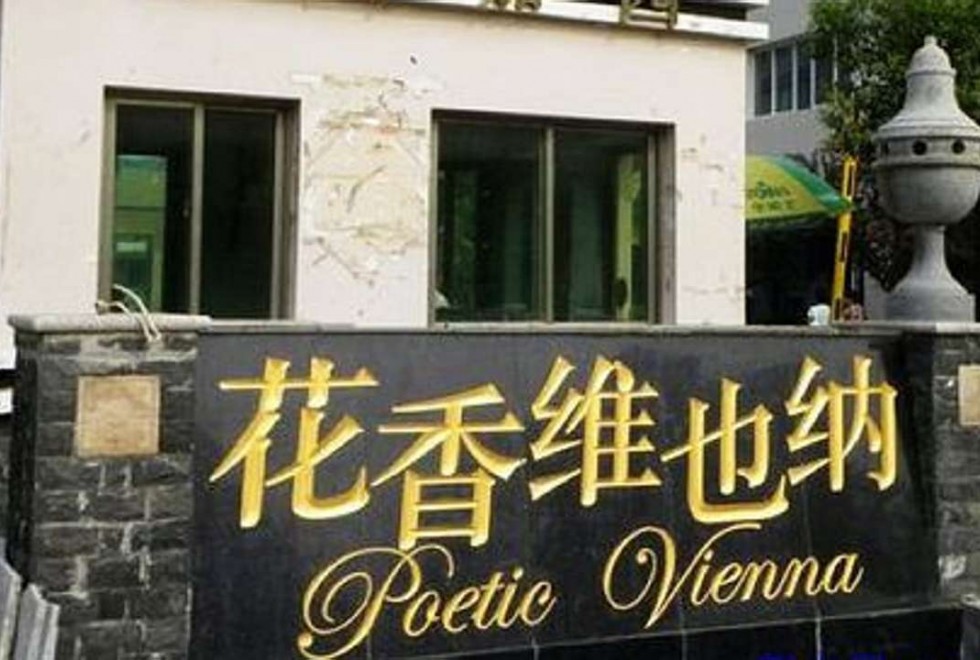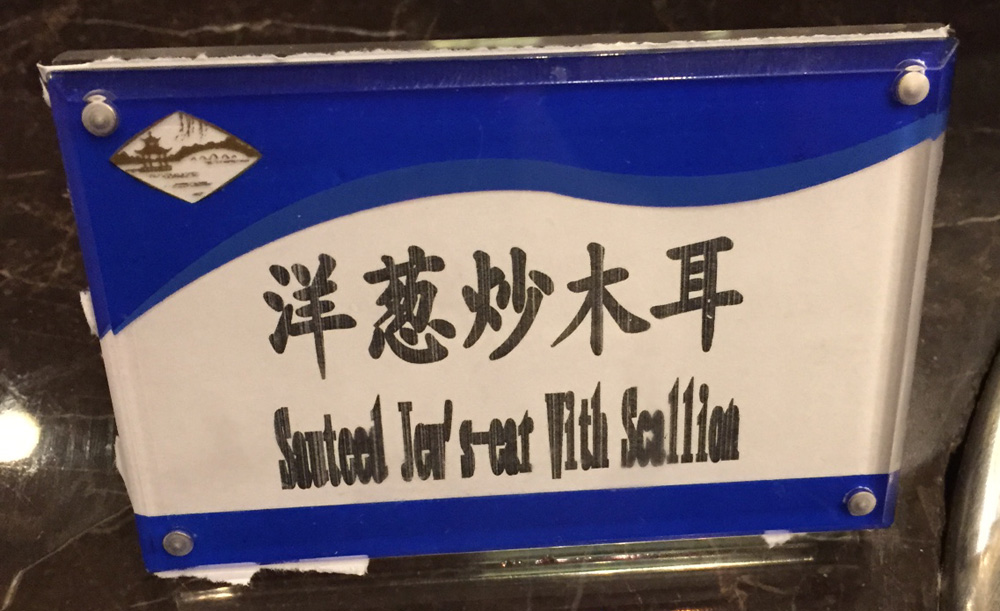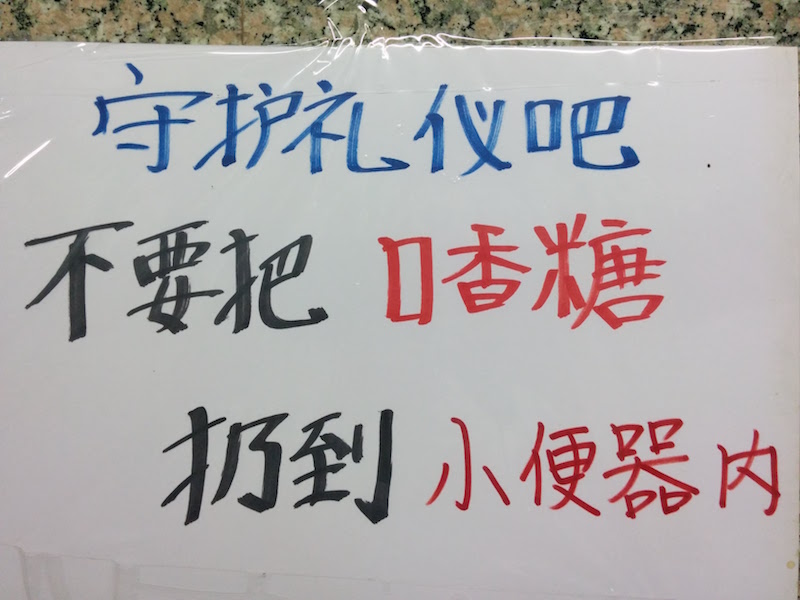Too cool!
I suppose it's been around for at least 5-10 years, but I just encountered the expression "tài shuǎng le 太爽了" in the English informal sense of "cool!". With 409,000 ghits, it seems to be fairly widespread, though not all of those ghits are to the informal sense of the English word (see the numbered items below for a variety of other meanings for this expression).
Read the rest of this entry »




